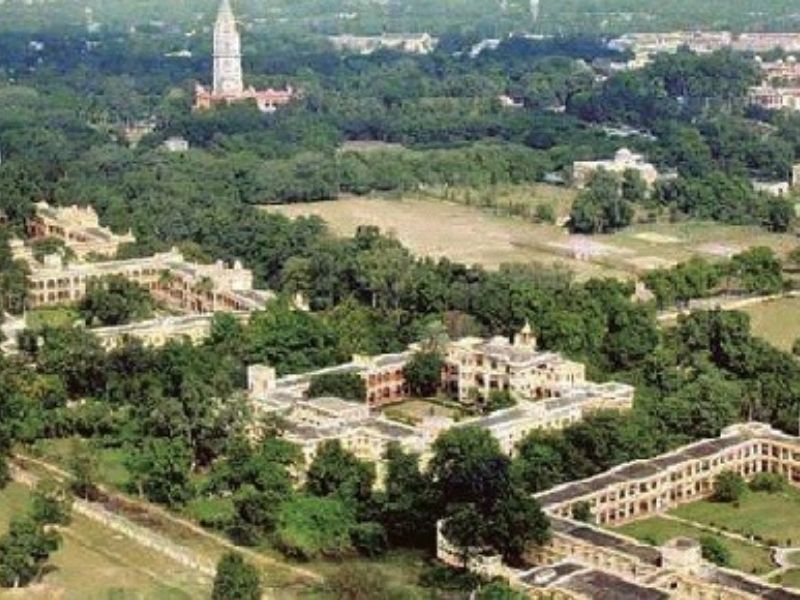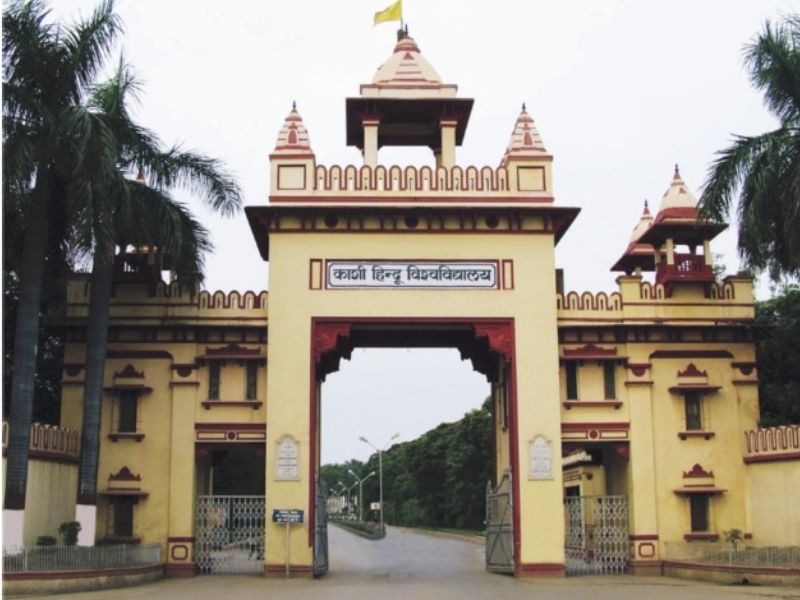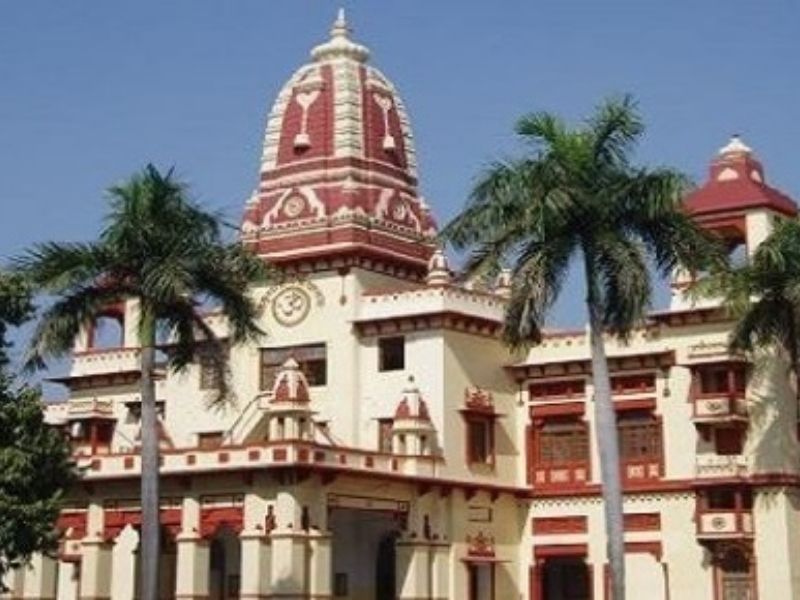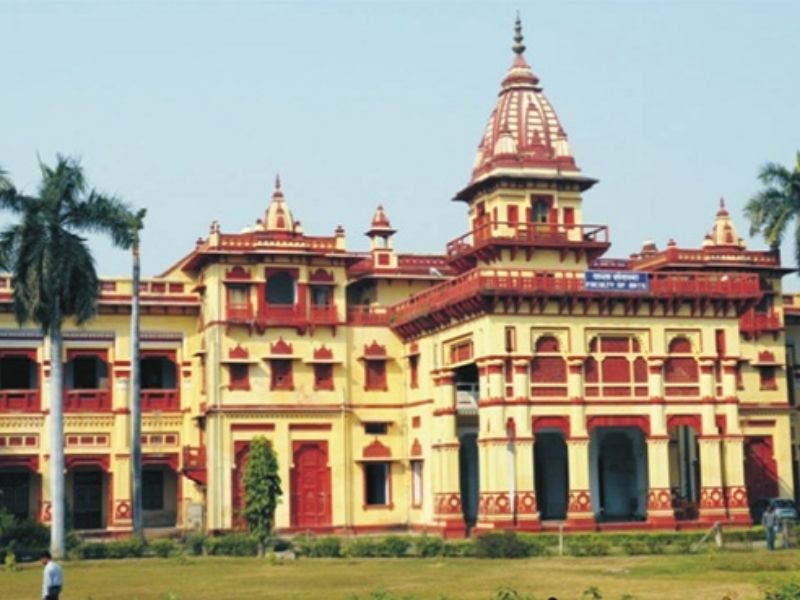
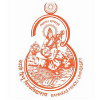
Established
1916Streams
Arts, Commerce, Computer Application, Engineering, Law, ScienceOwnership
GovernmentStatus
AutonomousCollege Type
Postgraduate, UndergraduateOverview
Banaras Hindu University (BHU) is a public central university located in Varanasi, Uttar Pradesh. The university was founded in 1916 by Pandit Madan Mohan Malviya with assistance from Dr Annie Besant, who viewed it as the University of India. Banaras Hindu University was created under the Parliamentary legislation – BHU Act 1915.
The university played a crucial role during freedom struggle and produced many great freedom fighters and builders of modern India including renowned scholars, artists, scientists and technologists who contributed to the nation’s progress.
The university comprises three institutes, 14 faculties 140 departments, four inter disciplinary centres a constituent college for women and three constituents schools, spanning a vast range of subjects pertaining to all branches of humanities, social science, technology, medicine ,science, fine arts and performing arts. It houses six centres of advanced studies, 10 departments under Special Assistance Programme and a large number of specialised research centres. Four degree colleges of the city are affiliated with the university.
The vibrant university campus boasts more than 30,000 students from varied backgrounds, cultures and nationalities, about 1700 teachers and nearly 8000 non-teaching staff.
Campus
Spread over 1300 acres, the main campus hosts well maintained roads, extensive greenery, a temple, an air strip and buildings.
The Sayaji Rao Gaekwad Library is the main library on campus and houses over 1.3 million volumes. There are three institute libraries, eight faculty libraries and over 25 departmental libraries.
The campus hosts Shri Vishwanath Mandir, Bharat Kala Bhavan – an art and archaeological museum featuring a rich collection of Indian paintings, archaeological artefacts, textiles and costumes, Indian philately as well as literary and archival materials, and a 927 bed hospital equipped with all the modern amenities.
The university hosts a wide range of facilities for sport and hobbies, large playgrounds, a big auditorium, a flying club and many auxiliary services and units such as the printing press, publication cell, fruit preservation centre, banks and post offices, railway reservation counter, air strip and helipad, shopping complex, subsidized canteens, employment and information bureau, security etc.
Other campus facilities include placement services, university employment and guidance bureau, internet and computation facilities, earn while learn schemes, University Mountaineering Centre, National Service Scheme (NSS), National Cadet Core (NCC), BHU Club, Indira Gandhi National Open University, Kendriya Vidhyalaya, Malviya Shishuvihar.
The university has another campus coming up at Barkachha, in Mirzapur district, covering an area of 2700 acres.
Academics
Undergraduate Courses:
Institutes of Agricultural Sciences: B.Sc in Agricultural Sciences
Institute of Medical Sciences: MBBS, BDS, BAMS, B.Pharma (Ayurveda), BNSY, B.Sc -Nursing
Institute of Environment and Sustainable Development: Faculty Environment & Sustainable Development
Postgraduate Courses:
Institutes of Agricultural Sciences: M.Sc in Agricultural Science
Special Courses:
M.Sc. – Agro forestry; Soil and Water Conservation; Food Science and Technology; Plant Biotechnology
M.Tech – Agricultural Engineering (Soil and Water Conservation)
Institute of Medical Sciences: MD/MS, MD(Ayurveda)/MS(Ayurveda), MDS, Health Statistics
Institute of Environment and Sustainable Development: Faculty Environment and Sustainable Development
PhD and Research Courses:
Institutes of Agricultural Sciences: Agricultural Economics, Agricultural Statistics; Agricultural Engineering (Soil and Water Conservation Engineering); Agronomy; Animal Husbandry and Dairying; Entomology and Agricultural Zoology; Extension Education; Genetics and Plant Breeding; Horticulture; Mycology and Plant Pathology; Plant Physiology; Soil Science and Agricultural Chemistry; Agricultural Engineering (Post Harvest and Bio Process Engineering); Food Science and Technology
Faculty of Arts: Arabic; Bengali; Bhojpuri evam Janpadiya Adhyan; Chinese; English; French; History of Art; Nepali; Persian; Library and Information Science; Ancient Indian; History, Culture and Archaeology (AIHC & Arch.); Museology; Geography; Mathematics; Statistics; Marathi; Telugu; German; Linguistics; Pali and Buddhist Studies; Philosophy; Indian Philosophy and Religion (in the Department of Philosophy); Home Science; Arts Hindi; Prayojan Moolak Hindi (Patrakarita); Journalism and Mass Communication; Physical Education; Sanskrit; Urdu; Russian; Tamil; Tourism Management
Performing Arts: Instrumental Music (Violin/Sitar), Dance (Bharat Natyam/Kathak),Vocal Music, Musicology, Instrumental Music (Tabla/Flute)
For more detail please visit https://www.bhu.ac.in/academic/
Placements:
The BHU placement cell conducts placement drives for the various departments within the university and help over 90% students get placed by respected corporations from various industries. BHU also provides for summer placements/internships which help the students learn valuable industry skills and get feedback from the companies while earning a stipend. BHU conducts its placement drive as follows:
- The BHU placement cell invites companies which then carry out pre-placement talks and hand out information about the job profile and skills required.
- Candidates apply for jobs with their CVs, following which they appear for test, group discussions and private interviews be recruited.
- Candidates clearing all rounds of selection are shortlisted and provided with offer letters along with the relevant compensation due to them.
Placement Highlights- 2020: With a placement percentage of 84%, 126 students were placed in the 2020 placement drive, which saw 27 companies’ participation. The highest CTC was recorded at INR 1.5 crore (international), while the average CTC stood at INR 32 LPA. Some of the leading companies visiting regularly include Infosys, DHL, ICICI Bank, SBI, Wipro, Amazon and Zee Media.
General Information
 Accomodation
AccomodationYes
 Min Fee
Min Fee2407
 Max Fee
Max Fee3167
 Library
LibraryYes
 Student Mix
Student MixMen and women
 Campus Size
Campus Size2700 acres
 Labs
LabsYes
 Internet Wi-Fi
Internet Wi-FiYes
 Sports
SportsBasketball, Cricket, Football
Admission
Undergraduate Admission
Selection Criteria: BHU UET scores.
Eligibility: 10+2 from a recognised board with a minimum aggregate of 50%.
Admission Procedure:
- Candidates must register for admissions by filling up the online form along with the submission of required documents and payment of application fees.
- Candidates will be required to appear for the BHU Undergraduate Entrance Test (UET), the marks secured in which shall be the basis of shortlisting.
- Candidates securing the qualifying scores/ranks in the BHU UET may then apply for their chosen course.
- Shortlisted candidates will have to attend the counselling session for the allotment of seats, where may confirm their admission by verifying documents and paying the fees.
Undergraduate Admission: M.B.B.S., B.D.S.
Selection Criteria: NEET score/rank.
Eligibility: 10+2 with PCB from a recognised board with a minimum aggregate of 50%.
Admission Procedure:
- Candidates must register for admissions by filling up the online form along with the submission of required documents and payment of application fees.
- Candidates have to apply and appear for the NEET exams and secure a valid rank/score.
- Candidates will then have to appear for MCC counselling where they may choose BHU depending upon their ranks/scores and the cut-offs for that year. Candidates qualifying the cut-offs may confirm their admission by verifying documents and paying the fees.
Postgraduate Admission:
Selection Criteria: BHU PET scores.
Eligibility: Bachelor’s degree in relevant discipline/specialisation from a recognised university with a minimum aggregate of 50%.
Admission Procedure:
- Candidates must register for admissions by filling up the online form along with the submission of required documents and payment of application fees.
- Candidates will be required to appear for the BHU Postgraduate Entrance Test (PET), the marks secured in which shall be the basis of shortlisting.
- Candidates securing the qualifying scores/ranks in the BHU PET may then apply for their chosen course.
- Shortlisted candidates will have to attend the counselling session for the allotment of seats, where may confirm their admission by verifying documents and paying the fees.
Postgraduate Admission: M.Sc. Biotechnology/Molecular and Human Genetics
Selection Criteria: GAT-B entrance.
Eligibility: Bachelor’s degree in relevant discipline/specialisation from a recognised university with a minimum aggregate of 50%.
Admission Procedure:
- Candidates must register for admissions by filling up the online form along with the submission of required documents and payment of application fees.
- Candidates have to apply and appear for the GAT-B exams and secure a valid rank/score.
- The university will release a merit list after the declaration of GAT-B results. Shortlisted candidates will then have to appear for counselling where they may confirm their admission by verifying documents and paying the fees.
Postgraduate Admission: M.B.A.
Selection Criteria: CAT scores, group discussion and personal interview.
Eligibility: Bachelor’s degree in relevant discipline/specialisation from a recognised university with a minimum aggregate of 50%.
Admission Procedure:
- Candidates must register for admissions by filling up the online form along with the submission of required documents and payment of application fees.
- Candidates have to apply and appear for the CAT exams and secure a valid rank/score.
- Candidates clearing the CAT cut-off declared by BHU will then have to appear for a group discussion (GD) and personal interview (PI) round.
- Candidates will be shortlisted based on their CAT scores, performance in the GD and PI and academic merit and work experience (if applicable). Shortlisted candidates may confirm their admission by verifying documents and paying the fees.
Doctoral Admission: M.Phil. and Ph.D.
Selection Criteria: BHU RET scores and personal interview.
Eligibility: Valid postgraduate degree in relevant discipline of social sciences from a recognised university with a minimum aggregate of 55%.
Admission Procedure:
- Candidates must register for admissions by filling up the online form along with the submission of required documents and payment of application fees.
- Candidates have to apply and appear for the BHU RET exams and secure a valid rank/score.
- The university will release a merit list on the basis of the candidate’s academic records and BHU RET scores. Shortlisted candidates will then be invited for the personal interview round.
- The final merit list will be released keeping into account candidate’s past academic records, work and research experience, BHU RET scores and performance in personal interview. Candidates with allotted seats may confirm their admission by verifying documents and paying the fees within three days.
- Candidates who have qualified GATE/NET exams, received a central government/National Doctoral/ICCR Fellowship or have been selected under QIP of AICTE will be offered direct admission.
Fees: Please contact the university for detailed information on the fee structure.
Achievement
BHU boasts specialised centres directly funded by DBT, DST, ICAR and ISRO, as well as large number of departments under the Faculties of Sciences, Engineering, Technology and Social Sciences receive funding from DST Fund for Improvement of Science and Technology Infrastructure (FIST) and the University Grants Commission (UGC) Special Assistance Programme (SAP). UGC SAP provides funds under its Centre of Advanced Study (CAS), Department of Special Assistance (DSA) and Departmental Research Support (DRS) programmes.
Accommodation
The university offers separate hostels for different institutes and departments. There are 41 male hostels with 7,500 boarders, 21 girls hostels with 2,500 boarders and 4 hostels for international students with intake of 124 boarders. Two of the international hostels are for girls only with strength of 64 boarders. The university also provides residential accommodation for its employees; there are 642 quarters for teaching staff and 676 quarters for non teaching staff.












